Below is a letter from Amy Eldridge, from Love Without Boundaries, addressing the recent adoption disruptions and parental preparedness. If you are reading this, think about posting it on your site - a waiting parent who reads your blog may benefit from it.
~~~~~~~~~~~~~~~~~~~~~~~~~~~~~~~
I have been so saddened by this situation. I most definitely wish there was a way to educate ALL adoptive parents about the truths of institutional care, however I have come to realize in my daily work that there are just as many parents who are not online reading everything they can find on adoption as are.
There are hundreds and hundreds and hundreds of parents out there who have no idea what life is like for a child in an orphanage, and who head overseas to pick up their "
I talked to at least a dozen parents who didn't even know their child's orphanage name, and while I gently said "you might want to memorize that for your child's sake", at the same time I was trying to process how many parents get all the way to China without ever reading about post-institutional issues. It was sobering to me.
Babies in the NSN (non special needs) as well as the SN (special needs) path can have issues with attachment, motor skills, emotional issues and more. I think all of us on the WCC (Waiting Children China) list acknowledge that, while also acknowledging that all children (whether bio or not) can have these same issues. Living in an orphanage of course increases the odds.
I think the easy out is to say that agencies have to do more, as well as social workers, but I do think that most of them do try to give information to the parents but often parents don't want to hear it or else think it won't happen to them. Again, I am often surprised to talk to parents leaving soon and to realize they are not prepared. One family was adopting from our foster care program, and when I told them that the child was DEEPLY attached to the mom, the father said, "guess she might cry for an hour or so then?" An hour or so? She had been in foster care for over a year! I tried to explain that this little girl was about ready to lose everything she had ever known, and that they should not expect her to be sunny, happy, and full of personality after an hour. I told them to please remember the 72 hour rule.......that after 72 hours they would probably see her spark, but that she would probably grieve for a long time after that as well.
I think for many adoptive parents, they just don't want to read the "bad stuff", and so I do think that ultimately it is the parents who are at fault for not doing more to educate themselves. There certainly are books galore out there about post-institutional issues. I equate this to when I was pregnant with my kids and I would read "What to Expect When Expecting", and I would get to the C-section part and always skip it. Each and every time I would jump to the next chapter as "that wasn't going to happen to me". Well, on my fifth baby, when they were rushing me in for an emergency C section, I sure was wishing I had read that section earlier! But at that point in the OR, while they were strapping my hands down to the table, it was too late, and so I felt complete panic when I could have been prepared. I think adoption from China is very similar to giving birth...it is much more rosy to only read the happy stories on APC, but I now encourage every family I meet to read the harder ones as well, because if you are the family who is handed a child that is limp and listless and who looks autistic, what you have learned in the past will help you make the right decision for your family during those very emotional first few days.I have been called many times in the last few years by parents in China worried about their children. I agree that having a support network to help you through the initial time is essential. Everyone should go to
Of course no one would do that...we feed newborns on demand, comfort on demand, love continuously... and whether people want to recognize it or not, that is NOT the life of an orphan in an institution. ...even when the aunties are as good as gold. I remember one night when I took some volunteers in for the night shift in an orphanage, when normally just a few aunties are working. One mom looked at me with tears in her eyes as she slowly realized that it was absolutely impossible with just two hands to feed every child, to comfort every child, to soothe every baby who was crying. She said her heart was aching to realize that her own daughter most likely had many, many times where she cried without someone to comfort her.....and she told me that for the first time she finally understood why her daughter had such a deep seated fear of being out of her mom's sight.
The aunties are trying their absolute best, but that doesn't equal mother/child care. I remember being in an orphanage in the north this past winter and the aunties were so proud of how they had 6-8 layers of clothes and blankets on every baby to keep them warm. They were swaddled so tight that they couldn't move, but it was freezing in the orphanage and so the aunties wanted the babies to stay as warm as possible. What alternative did they have? It really was freezing there..I was cold in my wool coat, so the babies couldn't be up and about with just 1-2 layers on, with the ability to move their arms and legs. To stay warm they had to be immobile, and so of course all of those kids have weak muscle tone. But the aunties were truly trying their best, and when a parent is given one of those beautiful children on adoption day, I am sure they will go back to their room with concern and say "she can't sit up by herself..she can't put weight on her legs". That is absolutely the truth, but she also survived 10 degree weather in a very cold province and she will catch up soon enough with parents to encourage her.
To not acknowledge that living in orphanage circumstances can cause lower body weights, low muscle tone, inability to make good eye contact is very sad to me. Can it be overcome? Most definitely! The one thing I have learned over and over again about the kids in
Recently, one of our medical babies that we had met several times in person was adopted, and we all knew that this child was a "spitfire". When the family arrived and spent a few days with her, they decided she was too much of a handful for them and they wanted to disrupt. She absolutely was not what they expected. When they called their agency, they were told they had two choices: adopt the child, bring her to the
Amy Eldridge, Love Without Boundaries







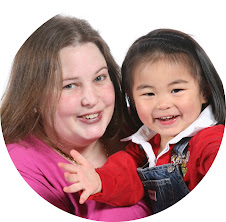




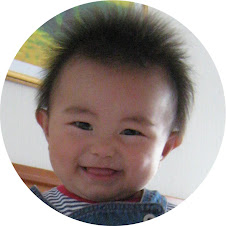
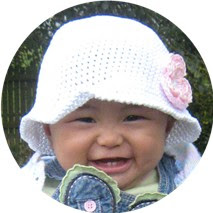

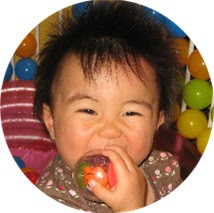
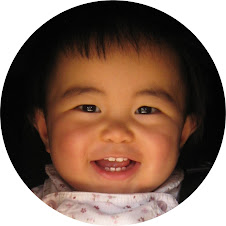
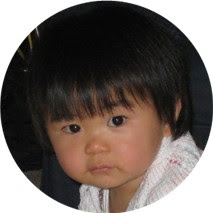
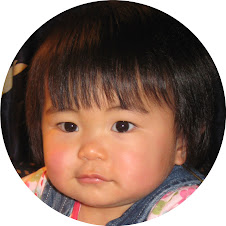


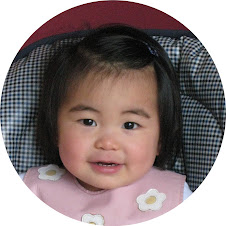
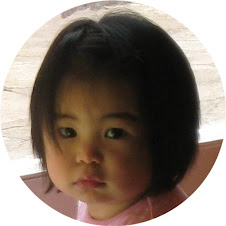
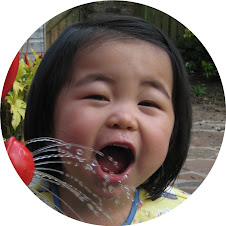
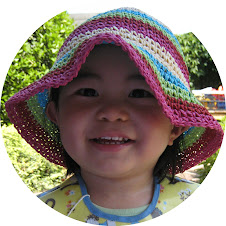
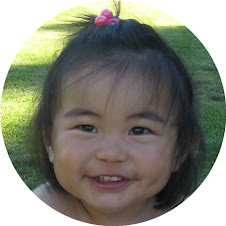
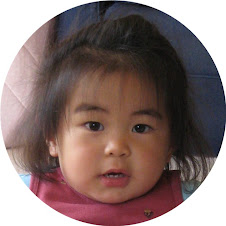
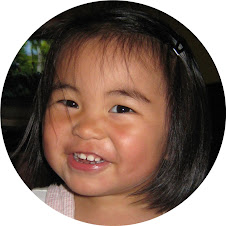
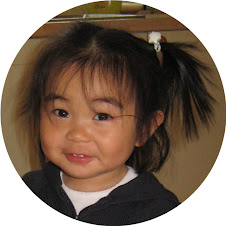
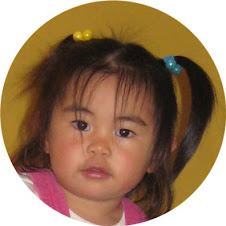
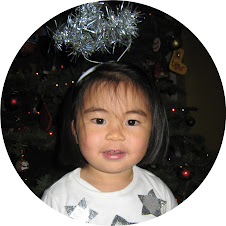
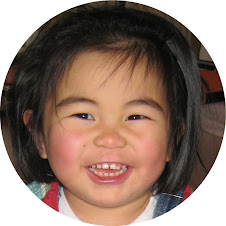


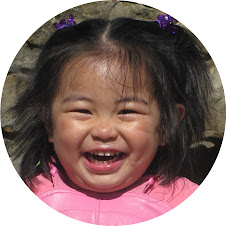
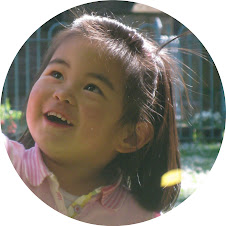

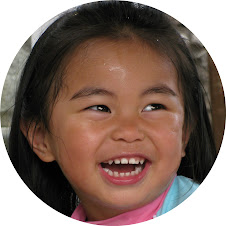

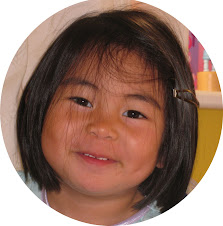
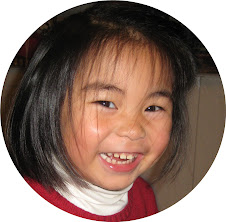


No comments:
Post a Comment